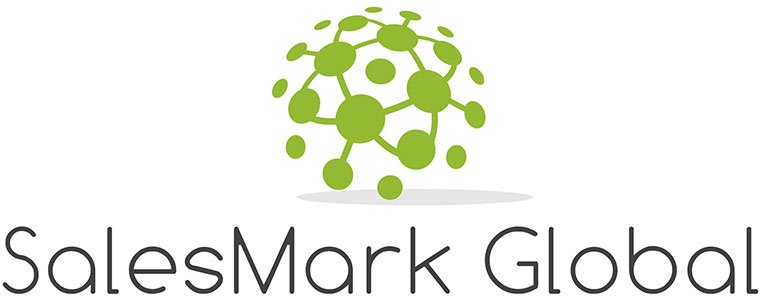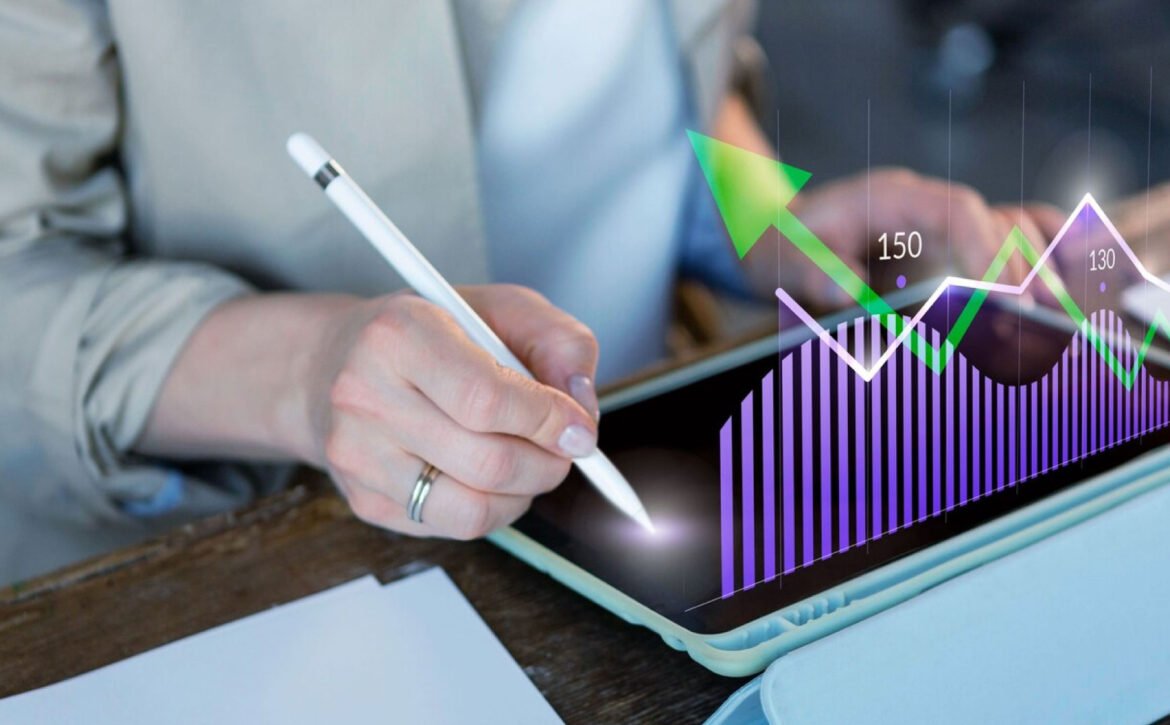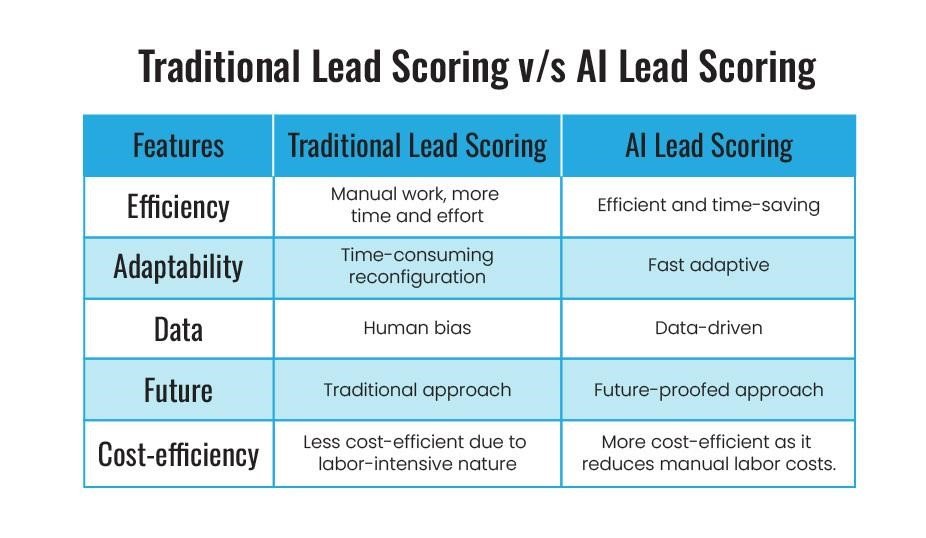Business Intelligence and Analytics for Optimal Lead Generation
Explore the power of Business Intelligence and Analytics for Optimal Lead Generation
Table of contents
1. KPIs and Metrics
2. Data Collection Strategies for Lead Gen Optimization
3. Analyzing Customer Behavior Patterns
4. Integrating BI Tools for Seamless Lead Management
5. Evaluating Lead Gen. Strategies with Analytics
Conclusion
In a fast-paced business environment where business expansion is the main agenda of any company, lead generation remains the basis for long-term success and profits. With sales getting tougher and consumers’ ever-changing behavior, companies now rely on business intelligence (BI) and analytics as a means of gaining an edge over their competitors in their lead generation endeavors. Is it worth expanding our efforts on capitalizing on BI and analytics to change effective lead generation and lead nurturing processes? Let’s find out.
1. KPIs and Metrics
Key Performance Indicators (KPIs) and metrics will be the compass steering lead generation strategies. During the years 2024–2025, business intelligence tools like Tableau and Power BI will enable a vast number of metrics to be tracked and analyzed in real time. These platforms give organizations the ability to track vital statistics like website traffic, conversion rates, customer engagement, and lead quality specifically and promptly. For instance, BI dashboards allow businesses to monitor different marketing channels simultaneously and identify which campaign is driving more sales.
2. Data Collection Strategies for Lead Gen Optimization
Efficient lead production largely depends on very strong data collection approaches. Through optimizing BI tools, businesses can get access to numerous sources of data, like websites, social media, online campaigns, and CRM systems. Sophisticated analytics algorithms go through this data avalanche, thereby discovering actionable insights or trends that guide the targeted lead generation initiatives. To illustrate, businesses can use web traffic data, visitor behavior, and engagement patterns to identify high-intent leads and direct personalized marketing messages to these prospects in order to nurture leads and continue to market them through the sales pipeline.
3. Analyzing Customer Behavior Patterns
Understanding customer behavior is fundamental for the successful implementation of lead generation strategies. With respect to BI and analytics, businesses are empowered to take a deep dive into consumer interactions and preferences, through which they are able to anticipate customer needs and deliver personalized experiences. For example, by tracking historical purchase patterns and customer interactions across different mediums, companies could identify repeating patterns and preferences enabling them to tune their product recommendations and marketing messages according to the target audience. On the other hand, sentiment analysis and social listening tools provide these businesses with customer sentiment analytics and trend identification capabilities, and hence they are able to cope with market challenges in real time.
4. Integrating BI Tools for Seamless Lead Management
The alignment of BI tools with lead management systems helps accelerate processes, improves internal communication, and leads to higher efficiency and collaboration between sales and marketing sectors. Through the process of data centralization, businesses can create unified platforms where they can streamline lead management workflows, improve lead qualification processes, and ensure the consistency of the customer experience. Furthermore, BI-powered lead scoring models help in prioritizing people as leads based on their probability of conversion. Sales teams are thus able to focus more on high-value opportunities and maximize conversion rates.
5. Evaluating Lead Gen. Strategies with Analytics
Continuous assessment and enhancement of lead generation approaches remain the basis of continued success. KPIs and analytics are pivotal in completing the loop as they allow businesses to explore marketing campaigns’ effectiveness and make the necessary adjustments to strengths and weaknesses. Through A/B testing, cohort analysis, and predictive modeling, organizations can carry out experimentation, measure the resultant impact on relevant metrics, and iterate through the extracted data points to create informed decisions. In addition, attribution modeling enables firms to specifically attribute leads and conversions to designated marketing touchpoints, thereby allowing them to target their resources better and maximize the ROI.
Conclusion
Modern BI and analytics technologies have become irreplaceable for effective lead generation in the tumultuous environment of business. With the use of real-time data, customer behavior pattern analysis, and BI tool integration into lead management processes, businesses can tap into a wealth of information, identify the optimal marketing tools, and make the most of their investments. While the digital revolution brings many complications for organizations, integrating BI (business intelligence) and analytics is not a strategic advantage only; it is a must for survival and remaining competitive by continuously moving forward.
Turn Sales Challenges into Opportunities: Explore SalesMarkBlog!




